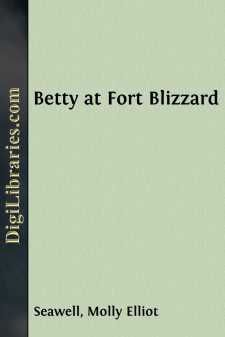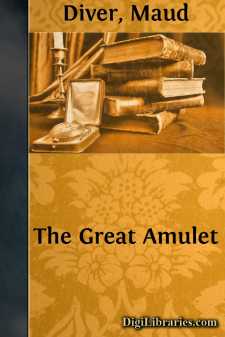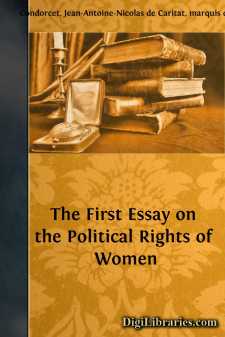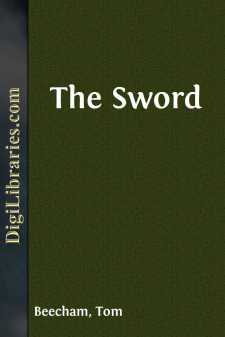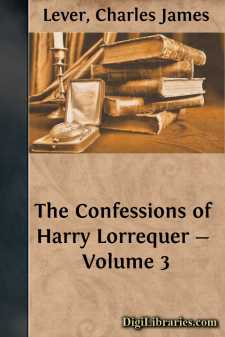Fiction
- Action & Adventure 180
- Biographical 15
- Christian 59
- Classics 6965
- Coming of Age 5
- Contemporary Women 3
- Erotica 8
- Espionage/Intrigue 12
- Fairy Tales, Folklore & Mythology 236
- Family Life 169
- Fantasy 117
- Gay 1
- General 596
- Ghost 32
- Historical 808
- Horror 43
- Humorous 160
- Jewish 25
- Legal 4
- Medical 22
- Mystery & Detective 315
- Political 49
- Psychological 41
- Religious 64
- Romance 159
- Sagas 11
- Science Fiction 730
- Sea Stories 113
- Short Stories (single author) 537
- Sports 10
- Suspense 1
- Technological 8
- Thrillers 2
- Urban Life 31
- Visionary & Metaphysical 1
- War & Military 173
- Westerns 199
Fiction Books
Sort by:
by:
Joseph Conrad
CHAPTER I. “Kaspar! Makan!” The well-known shrill voice startled Almayer from his dream of splendid future into the unpleasant realities of the present hour. An unpleasant voice too. He had heard it for many years, and with every year he liked it less. No matter; there would be an end to all this soon. He shuffled uneasily, but took no further notice of the call. Leaning with both his...
more...
IntroductionThe relationships of many groups of birds within the Order Passeriformes are poorly understood. Most ornithologists agree that some of the passerine families of current classifications are artificial groups. These artificial groupings are the result of early work which gave chief attention to readily adaptive external structures. The size and shape of the bill, for example, have been...
more...
CHAPTER I Colonel John Hope Fortescue, commanding the fine new cavalry post of Fort Blizzard, in the far Northwest, sat in his comfortable office and gazed through the big window at the plaza with its tall flagstaff, from which the splendid regimental flag floated in the crystal cold air of December. Afar off was a broad plateau for drills, an aviation field, and beyond all, a still, snow-bound world,...
more...
AS INTRODUCTORY I wish that everybody in the world would read this book. And my reasons are not due to any desire on my part that people should join any group of social philosophers or revolutionists. I desire that the book be widely read because the general and careful reading of it would definitely add to true civilization. It is a contribution to the writings which promote civilization; for the...
more...
by:
Maud Diver
THE GREAT AMULET. PROLOGUE. I. "The little more, and how much it is! The little less, and what worlds away." —Browning. No one in Zermatt dreamed that a wedding had been solemnised in the English church on that September afternoon of the early eighties. Tourists and townsfolk alike had been cheated of a legitimate thrill of interest and speculation. Nor would even...
more...
Volume OneâChapter One. Between the ancient and modern capitals of Russia, a fine broad road now affords an easy communication, although, but a few years ago, the traveller who would journey from one city to the other, was compelled to proceed at a slow pace, along a wild track, over rough stony ground, through swamps, under dark forests, and across bleak and unsheltered plains. The sun had...
more...
by:
Alexander Hewatt
[Sidenote] The form of legal governments. From that period in which the right and title to the lands of Carolina were sold, and surrendered to the King, and he assumed the immediate care and government of the province, a new aera commences in the annals of that country, which may be called the aera of its freedom, security, and happiness. The Carolineans who had long laboured under innumerable...
more...
More than one hundred years have passed away since, in 1789, the Marquis de Condorcet wrote his “Esquisse sur l’Admission des Femmes au Droit de Cité,” and yet the problem of women’s enfranchisement still awaits an equitable solution. Those of us who are old enough to remember the inauguration of the popular movement for the extension of the franchise to women (which may be dated from the day...
more...
by:
Tom Beecham
George Harrison noticed the flashing red light on the instrument panel as he turned onto the bridge to Balboa Island. Just over the bridge, he pulled the car to the curb and flipped the switch with violence. "Harrison," he muttered. "How's the water, fella?" asked the voice of Bob Mills, his assistant. There was a beautiful moon over the island. The surf lapped at the tiers of the...
more...
DETACHMENT DUTY—AN ASSIZE TOWN. As there appeared to be but little prospect of poor Fitzgerald ever requiring any explanation from me as to the events of that morning, for he feared to venture from his room, lest he might be recognised and prosecuted for abduction, I thought it better to keep my own secret also; and it was therefore with a feeling of any thing but regret, that I received an order...
more...




